What Is Premises Liability? 10 Things Property Owners Must Know
When most people hear premise liability, they think only of slip-and-fall cases. But premise liability covers a wide range of legal obligations that property owners owe to those who visit their land or buildings. For property owners, understanding what premise liability entails is crucial — not just to avoid lawsuits, but to ensure safety, fairness, and legal compliance. Here are 10 essential things every property owner must know about premise liability.
1. What Premises Liability Means
Premises liability is a legal concept describing the responsibility of property owners (or those in control of a property) to maintain safe conditions. If someone is injured because of dangerous conditions—say, slippery floors, broken stairs, poor lighting, or unsafe surfaces—the injured party may hold the property owner accountable under premise liability. The risk is not only about obvious hazards, but about foreseeability: could the owner have known about the danger and fixed it?
2. Who Can Be Liable Under Premises Liability
Property owners, managers, landlords, tenants in control, or even contractors sometimes are liable under premise liability. Anyone who has control over maintenance, safety inspections, or repairs might be responsible. Liability doesn't always default to the property's occupant — if someone else is in charge of upkeep or had reason to address the danger, they may share legal responsibility. In some cases, multiple parties can be named in a lawsuit, making the process even more complex. This layered responsibility makes it important for all parties involved to understand their roles and take active steps to manage risk.
3. What Types of Visitors Are Protected
The law recognizes different categories of people on a property: invitees, licensees, and trespassers. For instance, invitees (people expressly invited or who enter for business purposes) are owed the highest duty of care under premise liability. Licensees (people allowed on the property for non-commercial reasons) are owed respect and warnings about known dangers. Even trespassers may have some minimal protections against intentional or hidden hazards. The status of a visitor deeply affects whether the property owner is liable, and misunderstandings here often lead to disputes in court.
4. What Conditions Trigger Liability
Not all property issues lead to liability. In premise liability cases, the key triggers are dangerous conditions that the owner knew about or should have known about, failure to repair or warn, and that the dangerous condition is a substantial factor in causing injury. Examples include: wet or icy walkways, poor maintenance of handrails, unmarked hazards, or structural defects. If someone slips on a spill that was present long enough that a reasonable owner should have noticed it, that is potential premise liability. Courts often evaluate whether the danger was preventable and whether the property owner took reasonable steps to reduce risks.
5. What Defenses Property Owners May Raise
Property owners are not automatically liable in every case. Common defenses in premise liability situations include arguing that the injured party assumed the risk, that the hazard was open and obvious, or that the property owner did not have a reasonable opportunity to discover and remedy the danger. Comparative negligence may also reduce liability if the injured person's own actions contributed to the harm. For example, if a visitor ignored warning signs or engaged in reckless behavior, a court may lower the damages awarded. Strong documentation, such as maintenance logs or posted signage, can make these defenses far more effective.
6. What Damages Are Possible
When premise liability is proven, injured parties may recover for a range of damages: medical expenses, lost wages, pain and suffering, property damage, and in some cases punitive damages. The financial consequences can be significant. According to RunSensible, the median award for premises liability cases is $90,000. That's not a trivial amount — it reflects the serious consequences property owners face when injuries result from negligence. Beyond the financial cost, lawsuits can also bring negative publicity, impact business operations, and create long-term reputational harm for property owners who fail to prioritize safety.
7. What Duties Property Owners Must Maintain
It is not enough simply to respond to hazards; property owners must be proactive. Duties under premise liability include inspecting the premises regularly, repairing hazards in a timely manner, warning visitors about known dangers, maintaining safe walkways and stairs, adequate lighting, and ensuring that contractors' work complies with safety standards. Failing to uphold these duties can lead directly to liability. Routine maintenance logs and inspection records can serve as valuable evidence if a dispute arises. When owners demonstrate consistent attention to upkeep, they not only reduce the likelihood of claims but also provide safer environments for everyone.
8. What Timeline and Legal Process Looks Like
Premise liability cases must be filed within statutorily prescribed time limits (statutes of limitations), which vary by state. Evidence gathering is crucial: photographs of the dangerous condition, witness statements, maintenance records, and prior complaints can all influence the outcome. Property owners should preserve records and cooperate with discovery. Delays or loss of evidence can weaken a defense or strengthen a plaintiff's case. Having experienced legal counsel early can also help property owners avoid missteps during the process, including failing to respond properly to claims or settlement opportunities.
9. What Insurance and Financial Risks Are Involved
Insurance (such as general liability insurance) often plays a big role in premise liability incidents. Property owners should ensure they have adequate coverage, understand policy limits, and notify insurers promptly if an injury occurs. Without good coverage, even a single claim or verdict can be devastating financially. Also, some insurance policies have requirements about maintenance or inspections — failing to meet those can jeopardize coverage. This makes regular review of insurance policies an essential step in managing risk. A proactive approach ensures that owners are not left exposed when unexpected accidents occur.
10. What Local Laws and Codes Demand
Finally, premise liability doesn't exist in a vacuum. Building codes, health and safety regulations, zoning laws, and local ordinances often set minimum standards for what constitutes safe premises. Property owners must know and comply with those rules. Sometimes local codes will distinguish between residential and commercial properties, or set specific requirements for signage, slip resistance, railings, exits, or emergency lighting. Compliance isn't optional — failing to meet such standards can be powerful evidence in premise liability claims. In fact, violations of codes often make it easier for plaintiffs to prove negligence in court, underscoring the importance of ongoing compliance.
Premises liability is more than just a legal term — it defines a set of duties that property owners owe to the people who enter their property. Whether through maintenance, warnings, inspections, or following local codes, understanding the essentials of premise liability helps property owners protect others, avoid legal pitfalls, and reduce risk. For property owners who find themselves facing a claim, or for someone injured on another's property, knowledgeable legal guidance can make a significant difference. If you suspect you may be dealing with a premises liability issue, reach out to experienced attorneys who understand how premise liability is proven in court, how damages are calculated, and what defenses are available. The right legal support can help ensure that your rights are respected and your obligations are clear. Contact The Cornwell Firm today to learn more about premise liability.
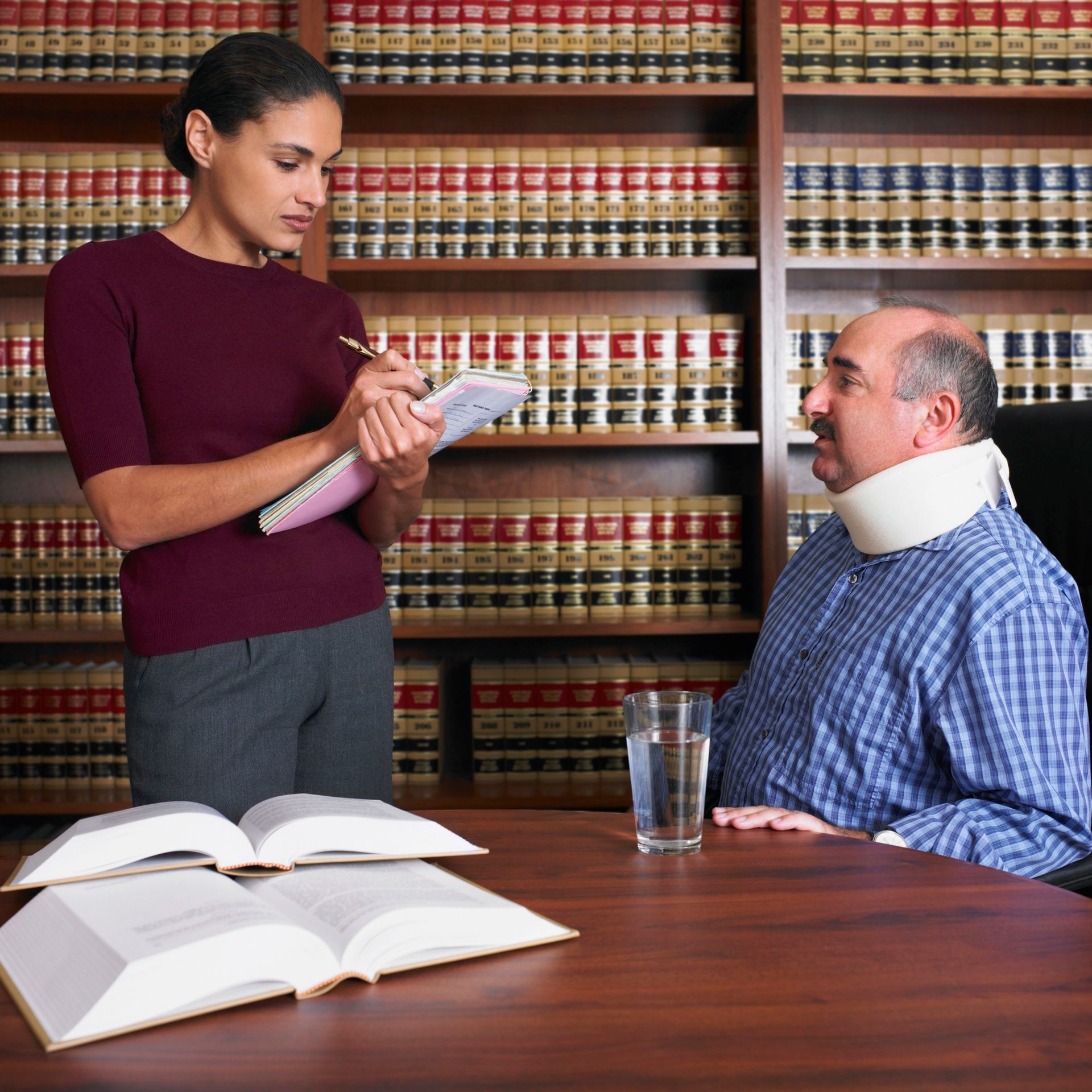
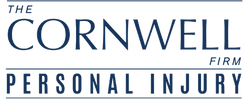

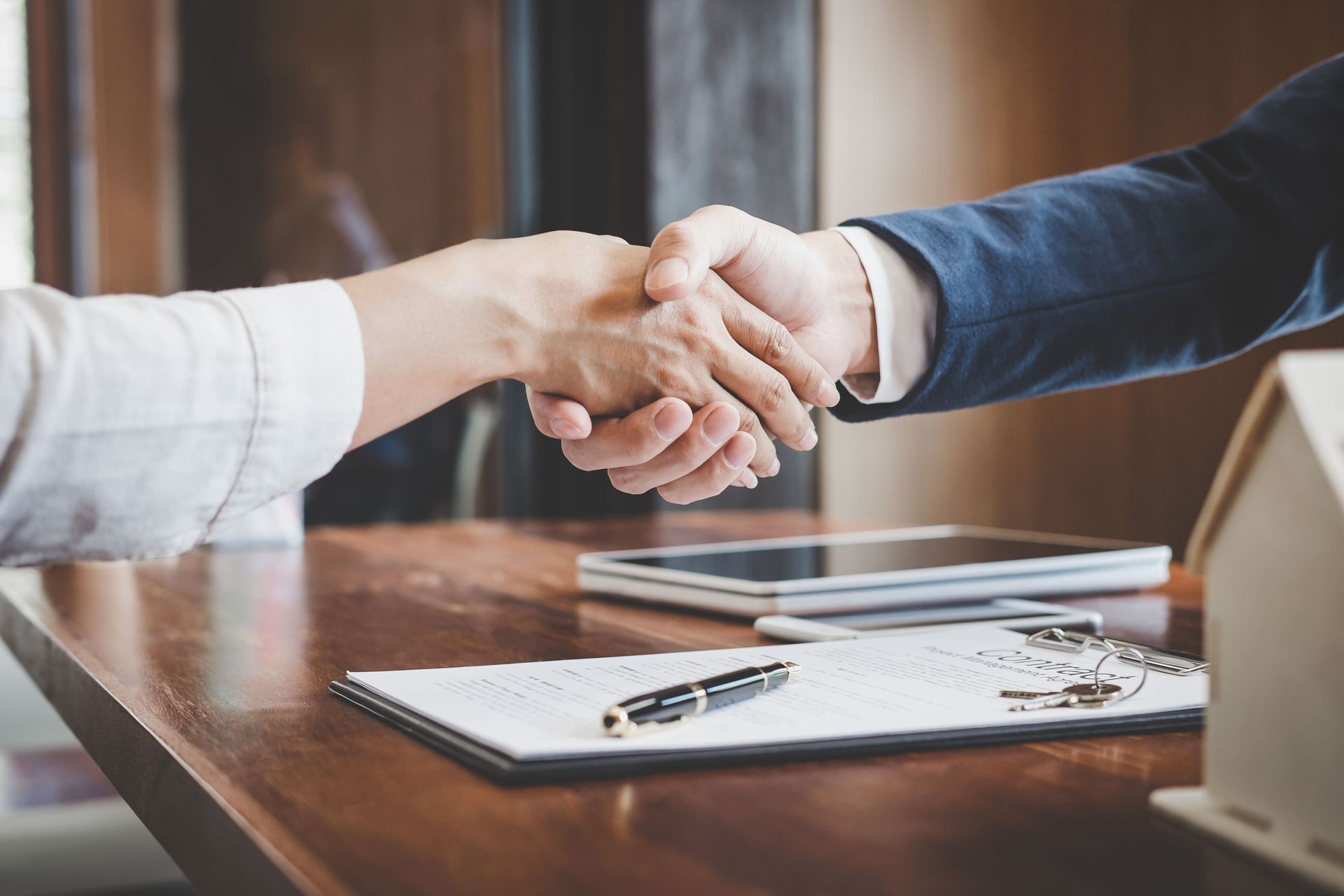
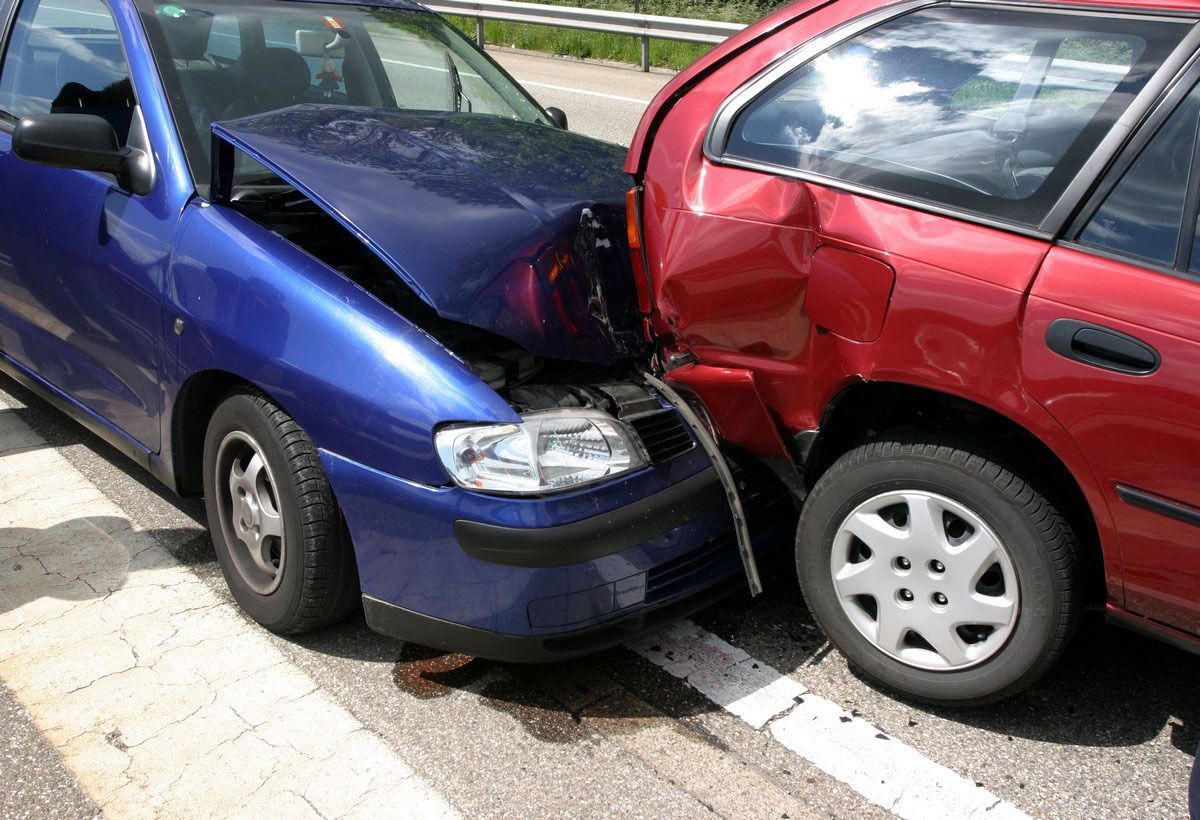
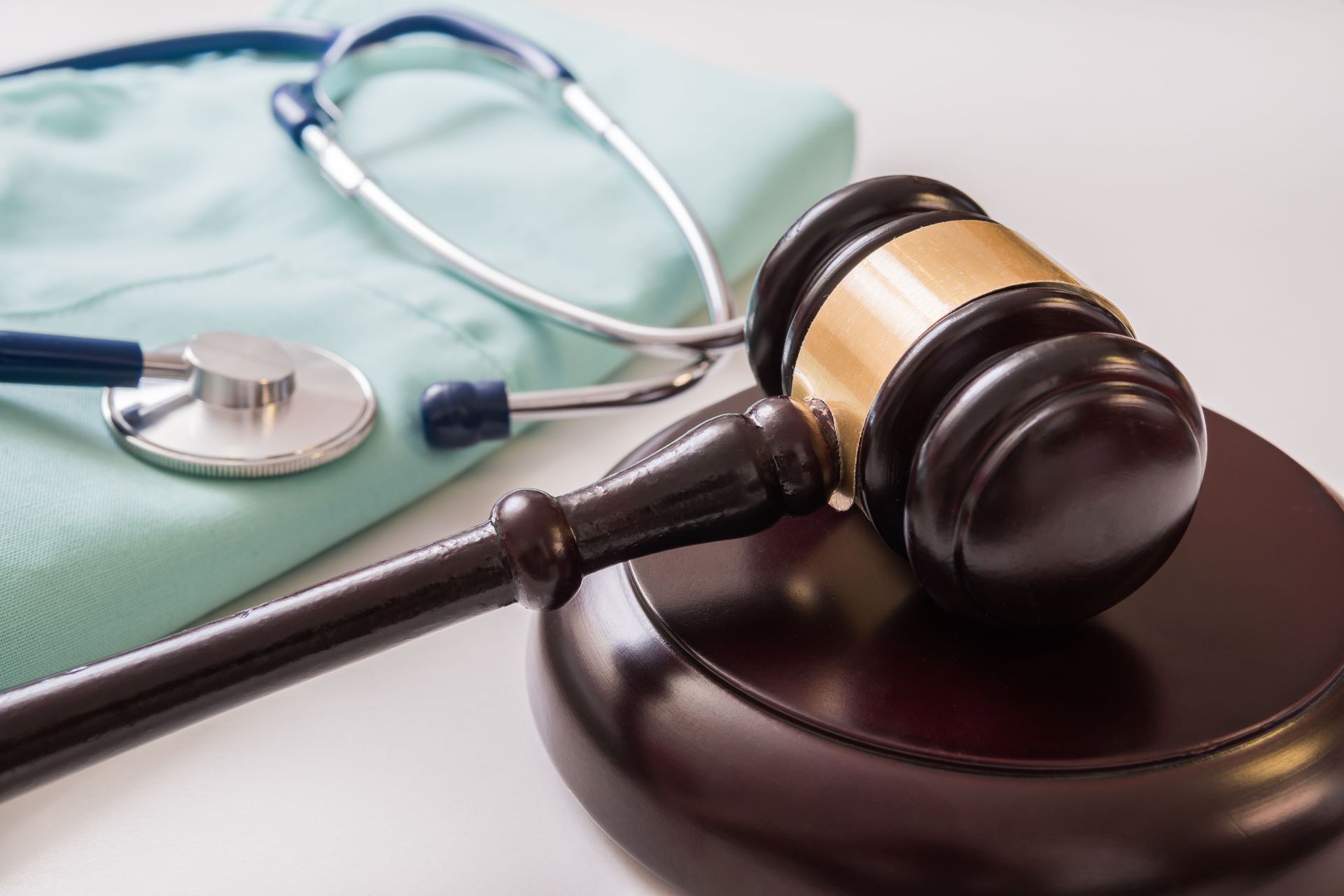
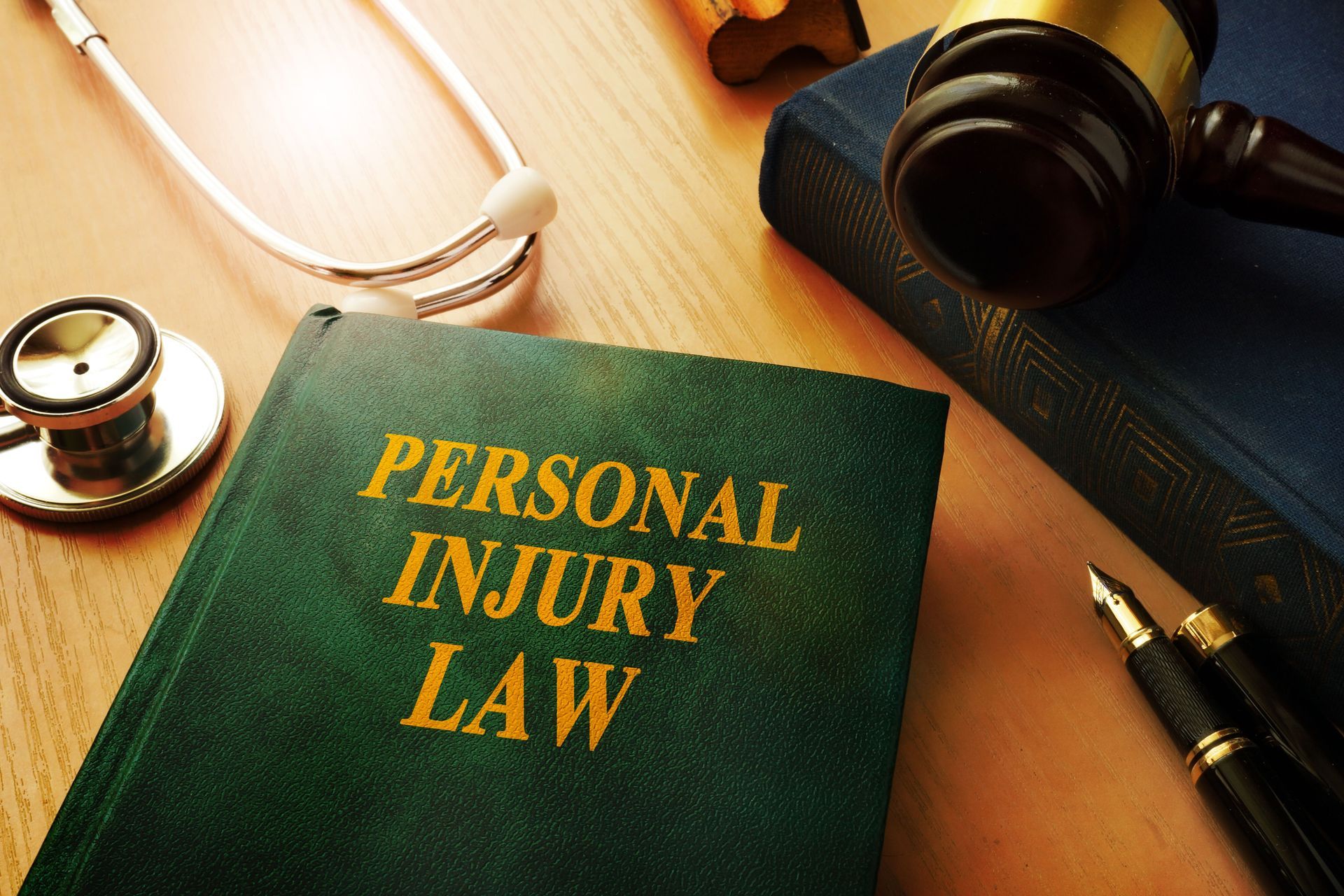
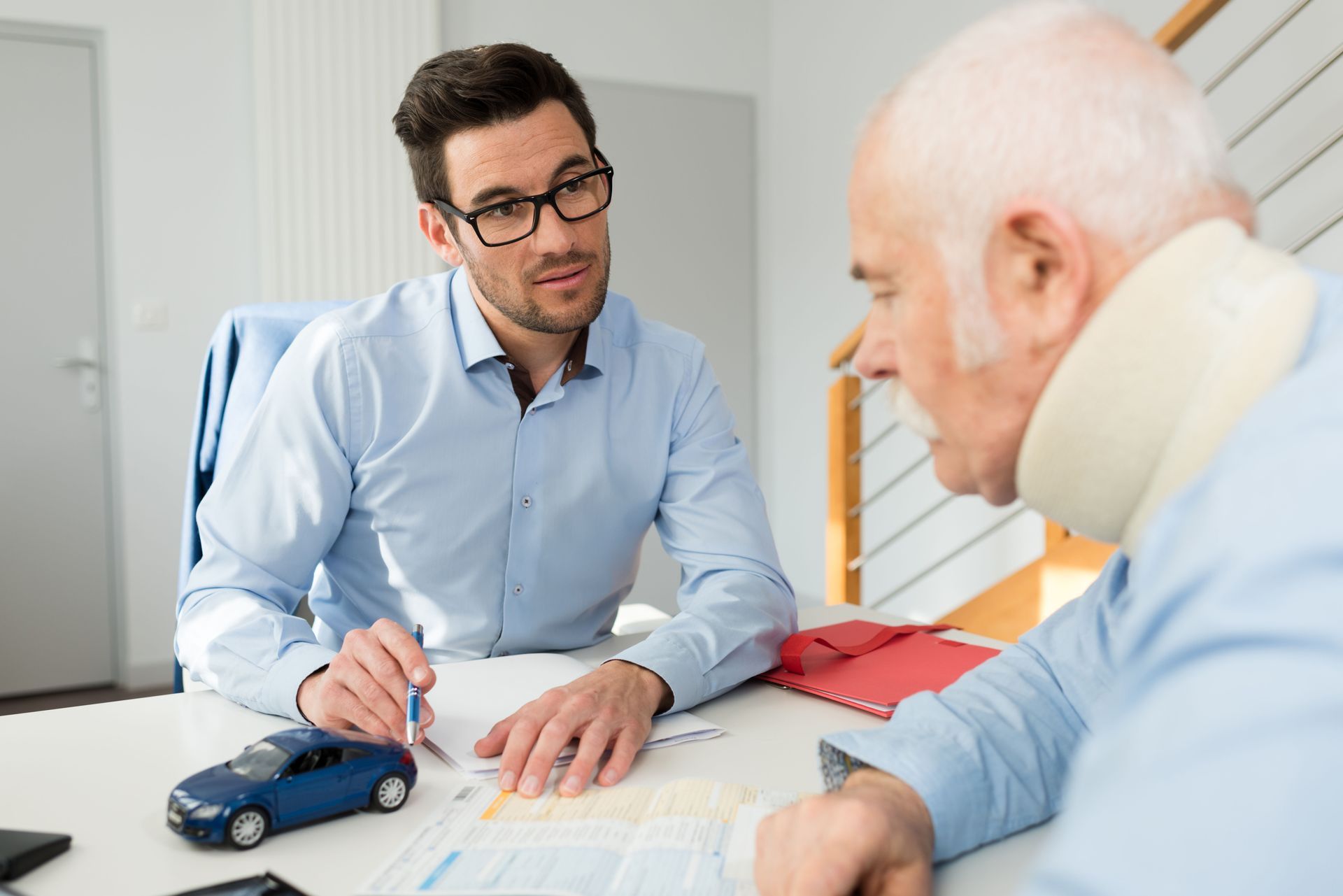
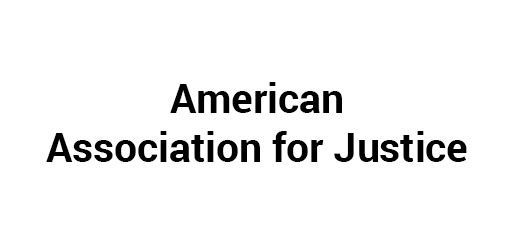
Share On: